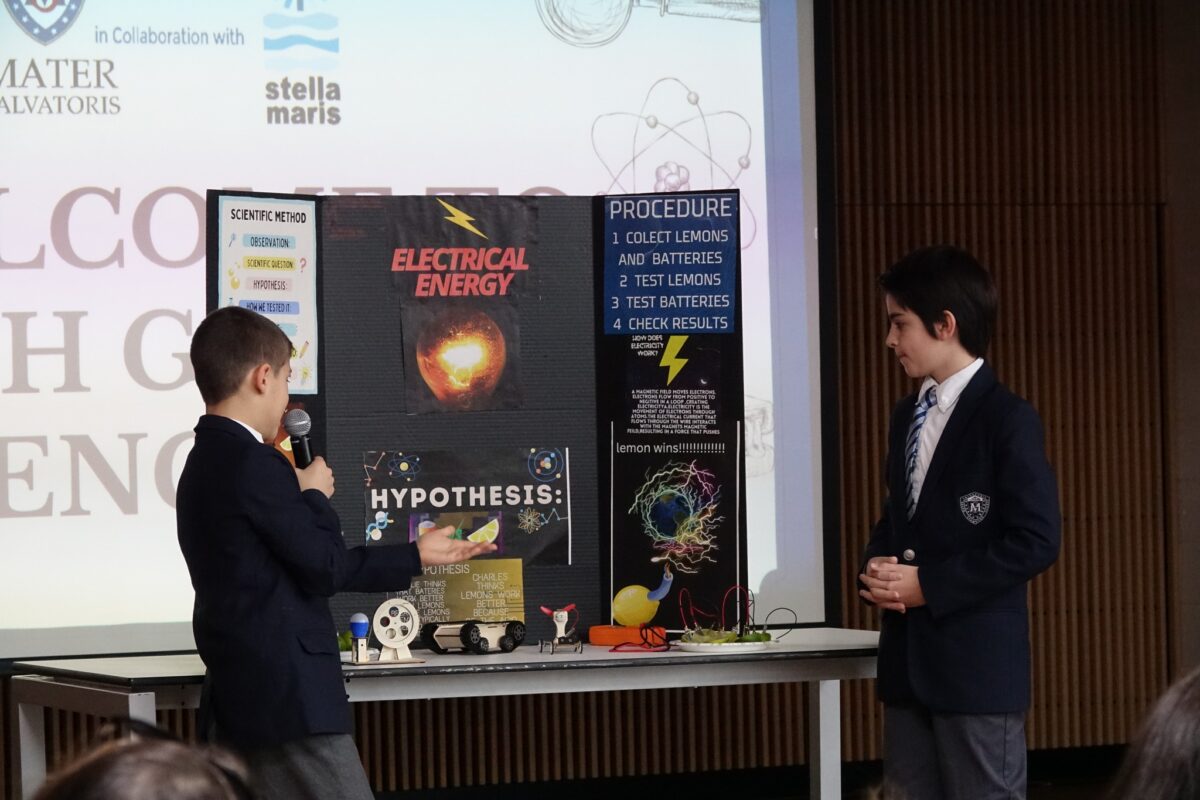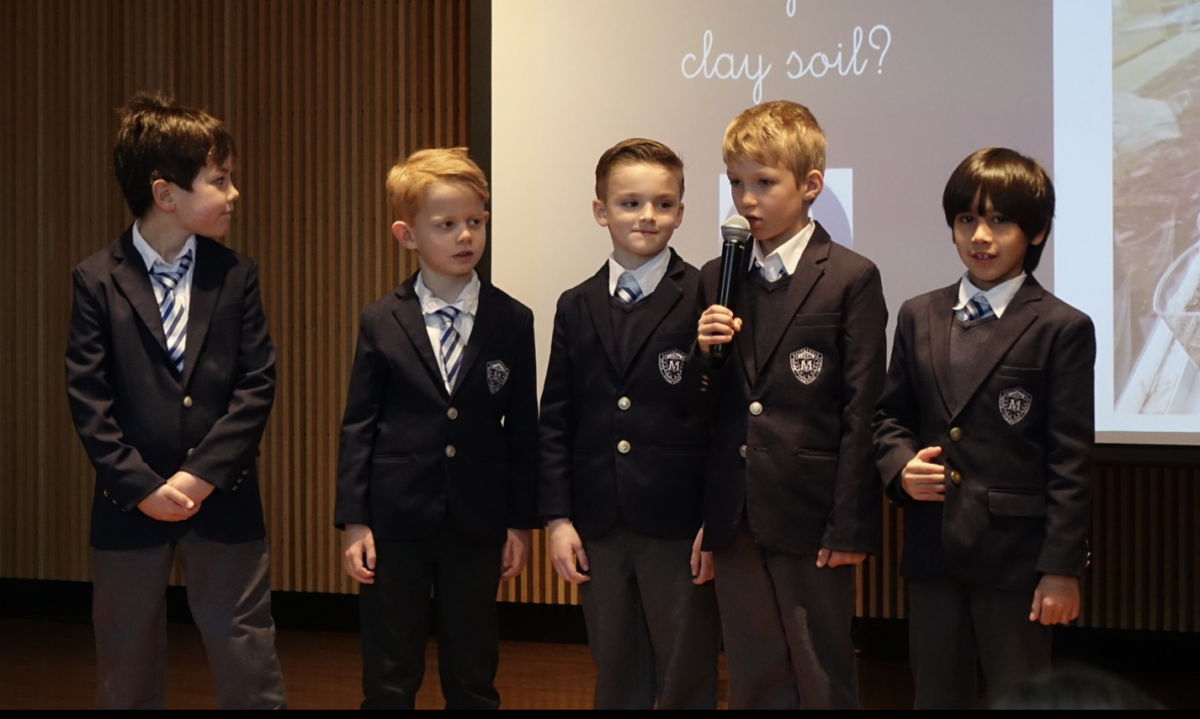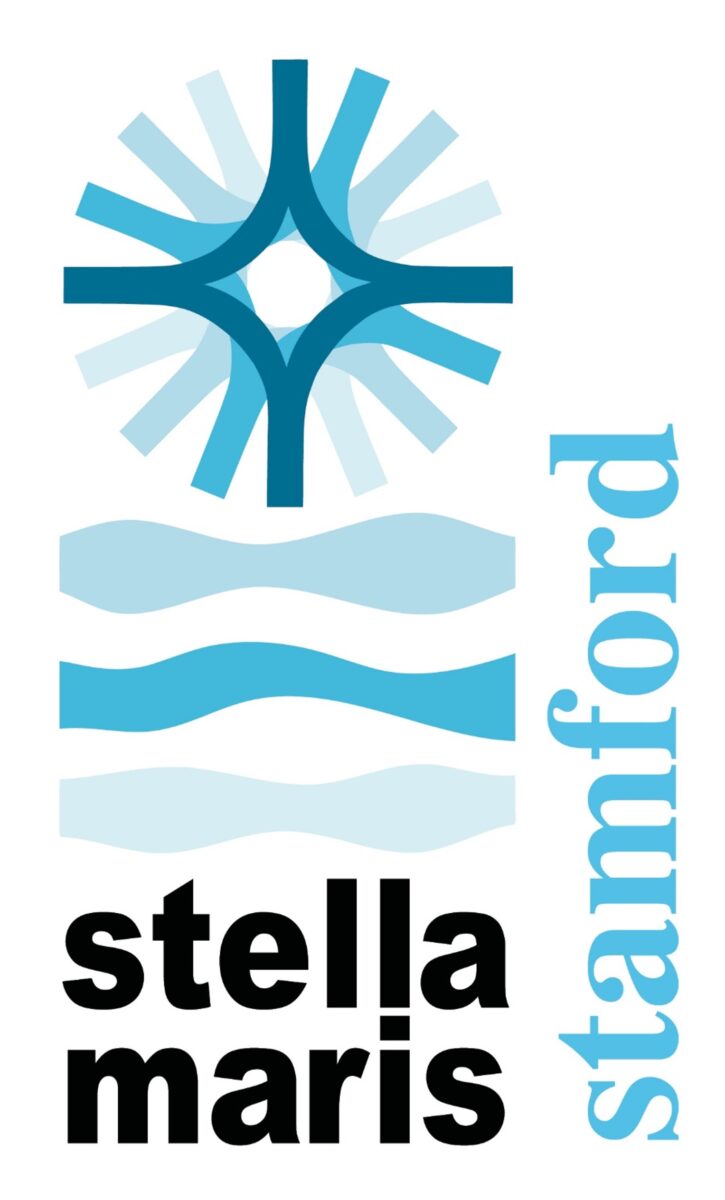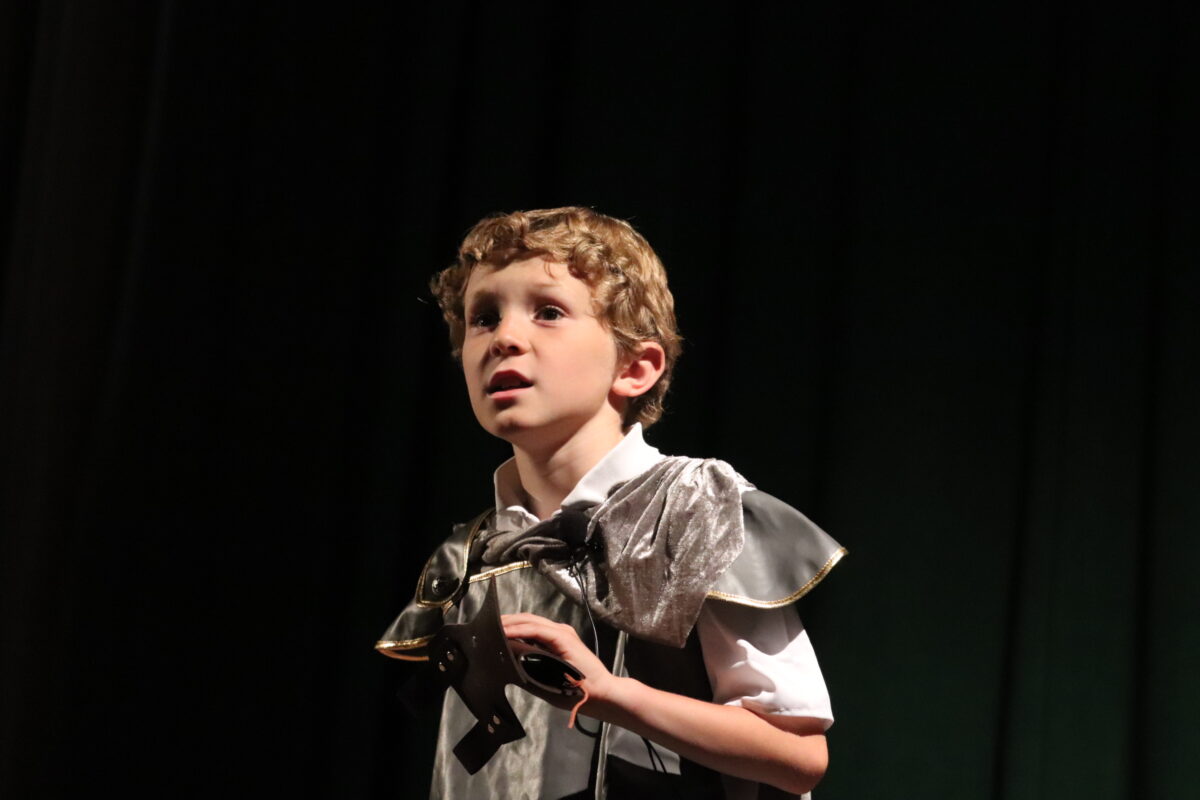
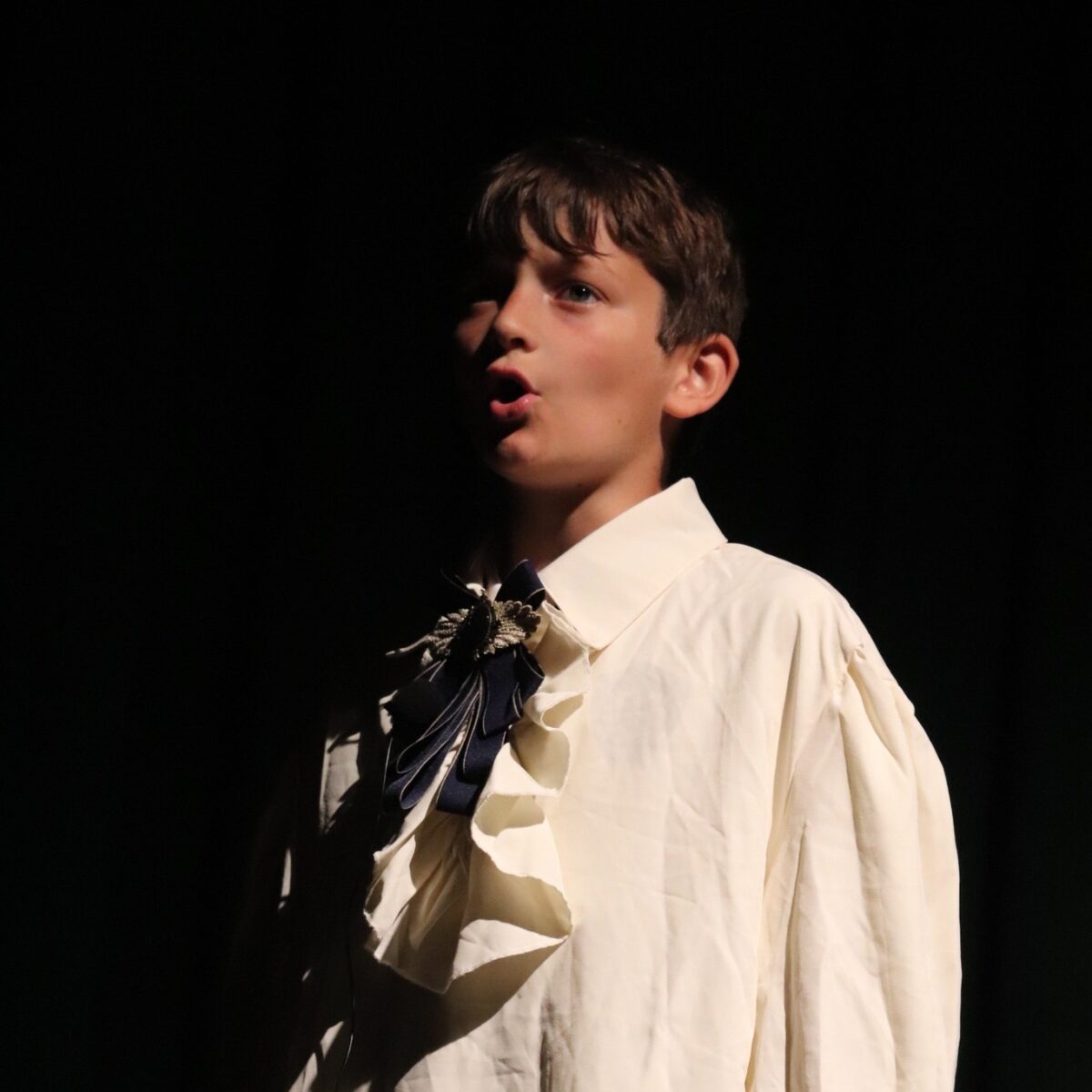
The Art of Communication
Oratory and rhetoric are essential components of education at Stella Maris. These disciplines enable students to express their thoughts and ideas with clarity, persuasion, and confidence. Mastering the art of communication is not only crucial for academic success but also for effective leadership and meaningful engagement in society.
Cultivating Confidence and Expression
Through the study of oratory, students learn to publicly speak and articulate their ideas effectively. This training helps them overcome the common fear of public speaking, allowing them to present their thoughts and arguments with poise and assurance. Oratory classes focus on developing vocal techniques, body language, and proper use of pauses and emphasis, enabling students to captivate their audience and convey their messages compellingly. By engaging with Shakespearean monologues, for example, students develop discipline, resilience, and authentic emotional expression. By reciting presidential speeches, they train their own ability to communicate words and affections, while familiarizing themselves with great works of rhetoric.
Understanding Rhetorical Techniques
Rhetoric, the art of persuasion, is equally important in equipping students with the skills to construct coherent and impactful arguments. Through the exploration of rhetorical devices such as ethos, pathos, and logos, students learn how to appeal to their audience’s emotions, ethics, and logic. Our high school speech and debate clubs seek to train and offer opportunities to those who show a natural talent for expression and understanding, so they may thus reach their full potential for speaking.
Practical Applications
At Stella Maris, students engage in practical exercises that allow them to apply their oratory and rhetoric skills in real-world situations. They participate in debates, presentations, and speeches, providing opportunities to practice and refine their abilities. These activities encourage teamwork, collaboration, and respectful discourse, teaching students the importance of listening and responding thoughtfully to differing viewpoints. They go deeper into developing the very personality and character of the students, giving them a mind to think from others’ points of view, to imagine other people’s experiences, key for any work they may do in their future, and for developing into leaders of our society.
